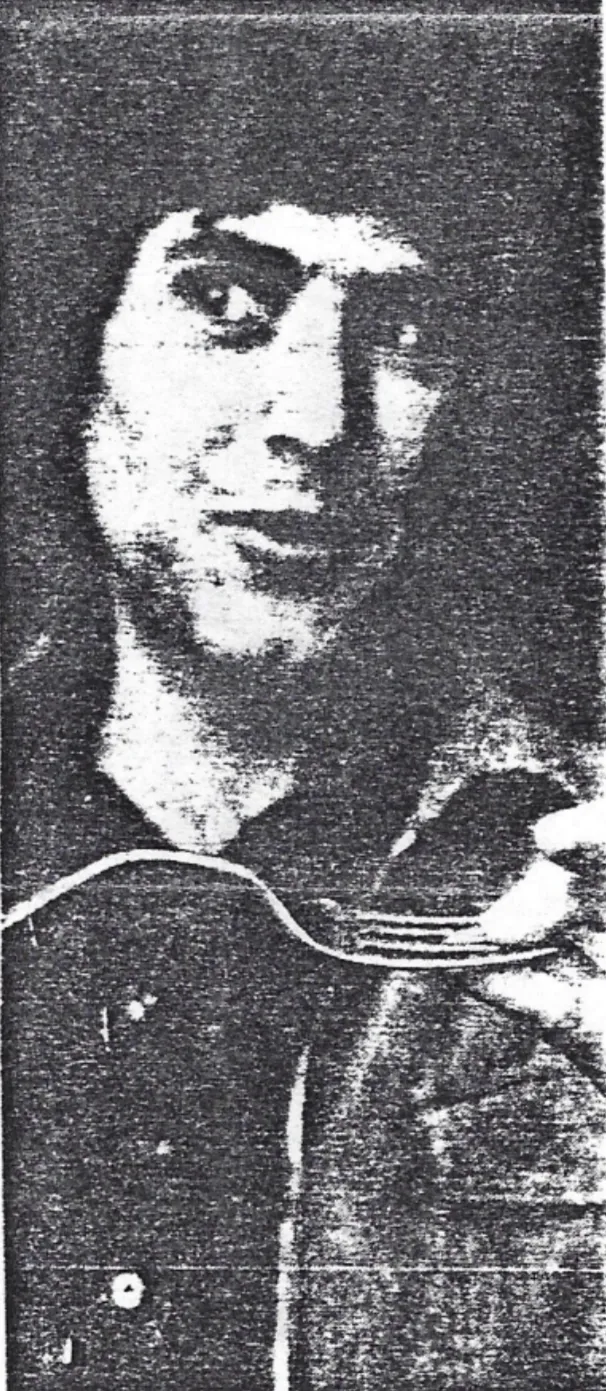Battles in the psychic arms race
Denis Dutton - 1st May 1988
The Geller Effect. By Uri Geller and Guy Lyon Playfair. Jonathan Cape, 1986. 288 pp. $32.95
— Press 11 Jun 1987
If ever I had any doubts about Uri Geller, they have been quickly dispelled. Yes, he really is clever, consumingly ambitious, rich, and — perhaps contrary to the opinions of some of his detractors — an excellent conjurer. Nevertheless, there is a sad undertone to this book. For though Uri craves respect, he doesn’t seem to get much these days, or at any rate get it from the right people. While he can still wow an audience with his spoon bending abilities and claim “millions” of followers, he is, alas, treated as a joke by most journalists, scientists, and academics, including some who 15 years ago believed he just might be the wonder of the age: a proven psychic.
So Uri must now console himself with adulation of the “beautiful people,” as he calls them. And indeed, much of the book reads like a particularly vulgar script for television’s ‘Lifestyles of the Rich and Famous,” a programme on which we learn Uri was actually featured. Money is the great theme here, with vast fees for his shows or for “psychic prospecting,” with houses in London and on the Continent. There is a swirl of fascinating people about him: some celebrities, lovely and artistic, others — the odd South Korean or Australian businessman — just plain rich. It is a dazzling lifestyle, and Uri relishes getting into it.
Among those impressed is Rosalynn Carter, who is shown in a photo at an official dinner holding a bent spoon, while Uri reads Henry Kissinger’s mind. Her husband, who shook Uri’s hand, was the only American President ever to record a UFO sighting, and that was even before Uri beamed into his mind a message to put more Government money into psychical research. The book also contains detailed accounts — alas, difficult to confirm — of Uri’s work helping the C.LA., the F.BLI., and the Israeli Mossad. It is alarming, he tells us, that the Russians are so far ahead in the psychic arms race.
But even when he aids intelligence operations, it is always in the cause of peace. And Uri knows where to draw the line, refusing to use his psychic gifts in a secret military programme which could harm animals, and ending an affair with the German woman when he inadvertently discovers her father was a Nazi. Uri loves animals and hates Nazis.

He also hates skeptics, or “witch hunters,” as he calls them. It’s not just that he has found that his spoon-bending fails when skeptics are nearby (he receives their negative vibrations “telepathically”). They have actually told lies about the true nature of his astonishing abilities, often doing with simple magical techniques the same things Uri claims to accomplish “psychically.” They do raise awkward questions.
Much of the argument with the doubters is taken by Uri’s co-author, Guy Playfair, whose most recent book is “The Haunted Pub Guide.” Playfair spends many pages denouncing the skeptics, especially the dreadful Committee for the Scientific Investigation of Claims of the Paranormal and the magician James Randi, who has had the unfortunate habit of following Uri on the talk-show circuit, duplicating his psychic illusions. They are close-minded atheists, opposed to imagination and anything which goes against their own materialist prejudices. To refute them, Playfair recounts many improbable anecdotes, from the testimony of Uri’s mum to the amazing things he has seen with his own eyes.
But why the resentment, the rancour? All Uri Geller has to do to deliver a knockout blow to his critics is return to a scientific laboratory and perform a few of his spoon bendings and telepathic feats under controlled conditions — not conditions designed to make it hard for him, simply conditions where he cannot cheat. This he steadfastly refuses to do. He did allow himself to be tested by some scientists in the early 1970s; these tests are now discredited because of lack of controls, But he won’t be a guinea pig anymore, he says: “I have done my share.” Besides, as Playfair shrugs, “it is very difficult to prove anything nowadays.”
What a shame. Here is a man with the energy to continue to put on nightly stage shows twisting metal left and right, reading the contents of sealed envelopes, and so forth. With the wives of politicians he has no difficulties in making the cutlery bend at will. He is, moreover, a man who obviously takes an intense dislike to his critics, and writes at tedious length to discredit them. Still, he cannot bring himself to have his powers validated under conditions which disallow cheating. Little wonder the skeptics continue to laugh.
“I am just a human being, and I do not need the scientific seal of approval,” Uri claims. It is a statement as impossible to accept as his psychic spoon-bending: the desperate need for approval marks every page of this silly exercise in self-justification.